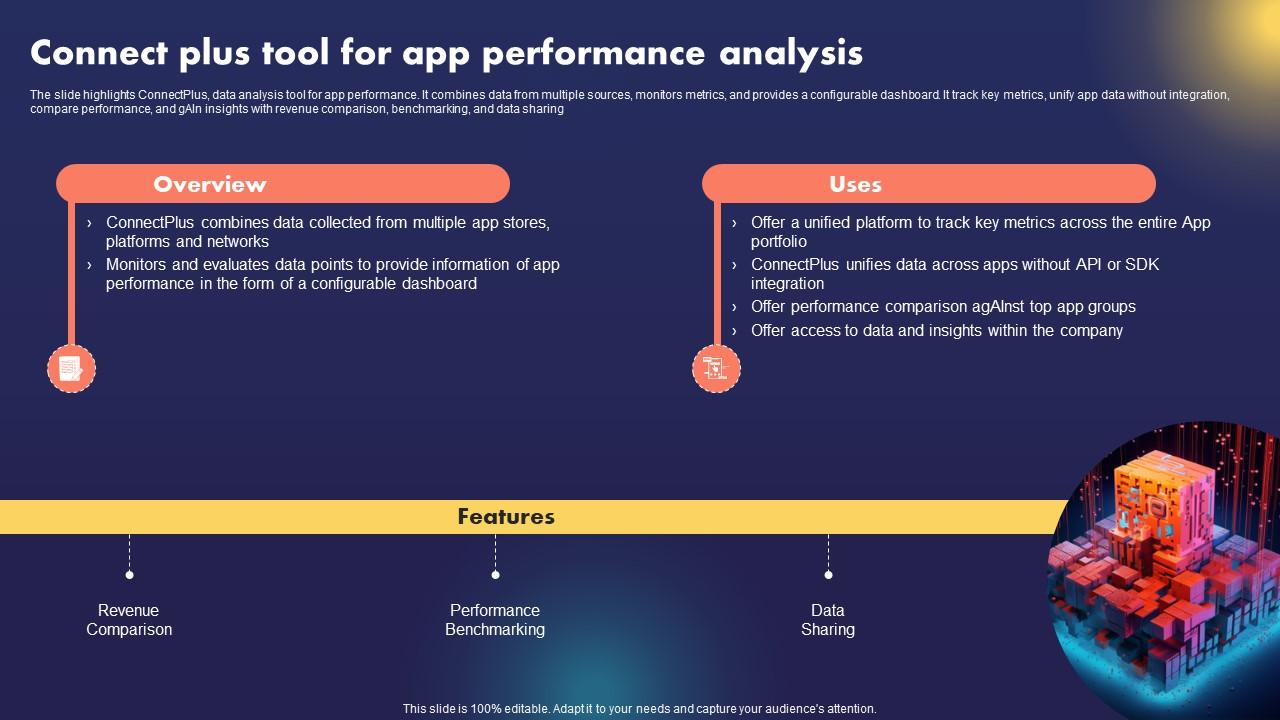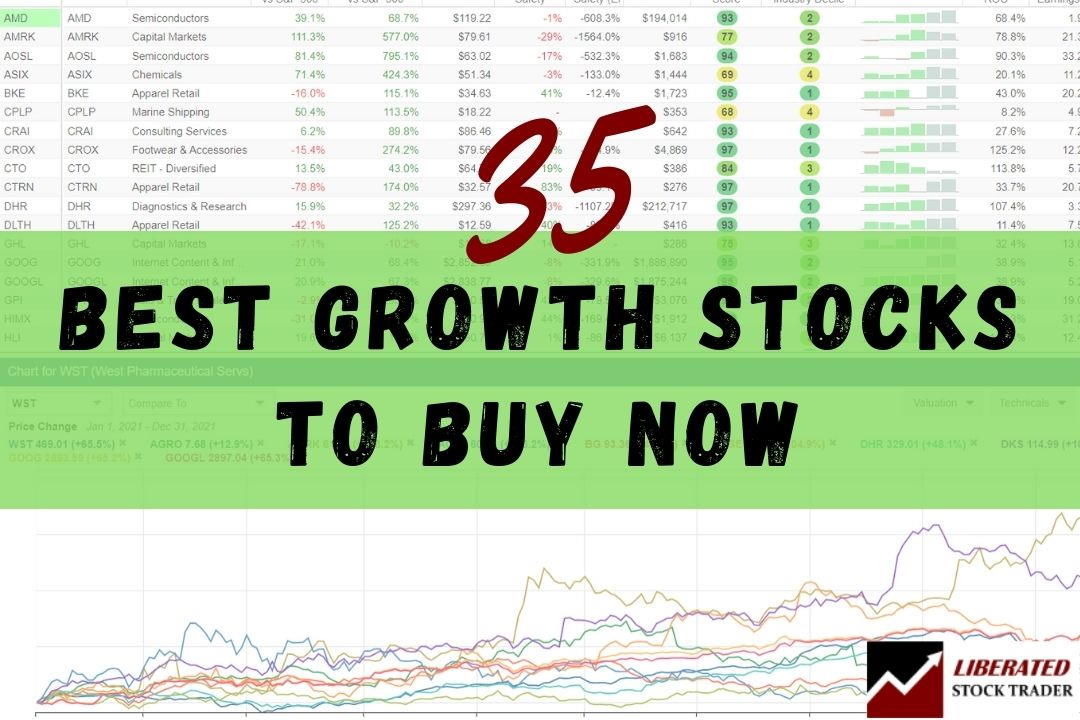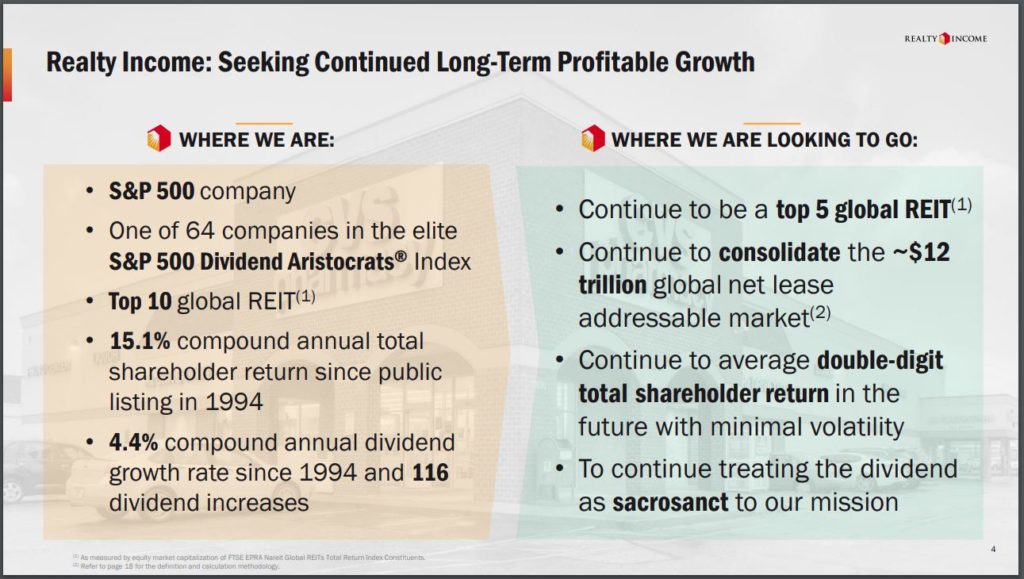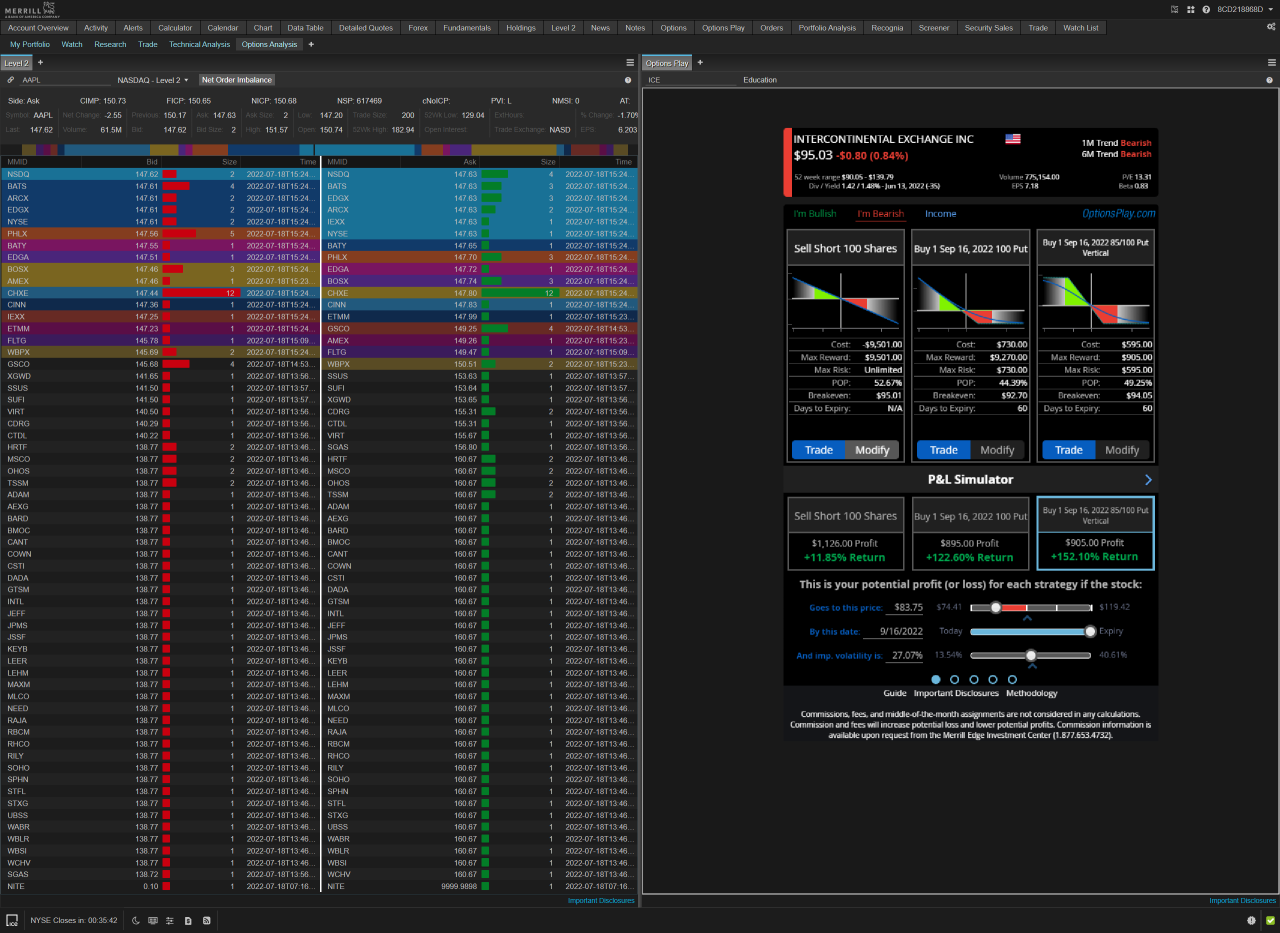Exploring the realm of Tracking Share Performance with AI-Based Tools opens up a world of possibilities for investors and enthusiasts alike. This guide aims to delve into the intricacies of using AI-based tools to monitor and analyze share performance, providing valuable insights and strategies for informed decision-making.
Introduction to Tracking Share Performance with AI-Based Tools
Tracking share performance involves monitoring the value and movement of stocks or shares in the financial market. Investors and traders track share performance to make informed decisions about buying, selling, or holding securities.
AI-based tools play a crucial role in analyzing share performance by utilizing complex algorithms and machine learning capabilities to process vast amounts of data quickly and efficiently. These tools can identify patterns, trends, and correlations in stock prices, helping investors to predict market movements with greater accuracy.
The Benefits of Using AI-Based Tools for Tracking Share Performance
- Enhanced Data Analysis: AI tools can analyze large datasets at a speed and scale that surpasses human capabilities, providing more accurate insights into share performance.
- Improved Decision-Making: By leveraging AI algorithms, investors can make data-driven decisions based on real-time market trends and predictive analytics, leading to better investment outcomes.
- Risk Management: AI tools can assess risk factors and potential market fluctuations, allowing investors to mitigate risks and optimize their investment strategies.
- Automation and Efficiency: AI-based tools automate repetitive tasks, such as data processing and analysis, freeing up time for investors to focus on strategic decision-making and portfolio management.
Types of AI-Based Tools for Tracking Share Performance
When it comes to tracking share performance, investors have access to a variety of AI-based tools that can help analyze data and make informed decisions. These tools utilize artificial intelligence algorithms to process large amounts of data quickly and efficiently, providing valuable insights into market trends and stock movements.
1. Sentiment Analysis Tools
Sentiment analysis tools use natural language processing to analyze news articles, social media posts, and other sources of information to gauge market sentiment towards a particular stock. By understanding how investors feel about a company, these tools can help predict future stock movements.
2. Robo-Advisors
Robo-advisors are automated investment platforms that use AI algorithms to create and manage investment portfolios based on an individual's risk tolerance and investment goals. These tools can help investors track share performance and make adjustments to their portfolios in real-time.
3. Machine Learning Algorithms
Machine learning algorithms can analyze historical stock data to identify patterns and trends that may impact share prices in the future. By using these algorithms, investors can make more informed decisions about when to buy or sell shares.
4. Predictive Analytics Tools
Predictive analytics tools use AI models to forecast future stock prices based on historical data and market trends. These tools can help investors anticipate potential stock movements and adjust their investment strategies accordingly.
5. Portfolio Management Tools
Portfolio management tools leverage AI technology to track the performance of an investor's entire portfolio, providing insights into the overall health of their investments. These tools can help investors diversify their portfolios and optimize their investment strategies.
Examples of Popular AI-Based Tools:
- AlphaSense: A sentiment analysis tool that helps investors track market sentiment and make informed decisions.
- Wealthfront: A robo-advisor that uses AI algorithms to create personalized investment portfolios for users.
- IBM Watson: A machine learning platform that can analyze large amounts of data to identify investment opportunities.
- Yewno|Edge: A predictive analytics tool that helps investors forecast stock prices and trends.
- Personal Capital: A portfolio management tool that provides insights into an investor's overall financial health.
How AI-Based Tools Analyze Share Performance
AI-based tools analyze share performance through complex algorithms and machine learning techniques. These tools are designed to process large volumes of data quickly and efficiently, allowing them to identify patterns, trends, and anomalies in share prices.
Key Metrics and Indicators
- Price Movement: AI tools analyze historical price movements to identify trends and patterns that can help predict future price movements.
- Volume: By analyzing trading volume, AI tools can determine the level of interest and activity in a particular stock.
- Volatility: AI tools assess the volatility of a stock to understand the level of risk associated with investing in it.
- Market Sentiment: Tools can analyze news sentiment, social media trends, and analyst reports to gauge market sentiment towards a stock.
Accuracy and Reliability
AI-based tools have shown high accuracy and reliability in predicting share performance trends. By leveraging vast amounts of data and advanced algorithms, these tools can provide valuable insights into market behavior. While no prediction can be 100% accurate, AI tools have demonstrated the ability to outperform traditional methods in forecasting share performance.
Implementing AI-Based Tools for Tracking Share Performance
Implementing AI-based tools for tracking share performance involves several steps to ensure effective monitoring and analysis of stock data. By integrating these tools into an investment strategy, investors can make informed decisions based on accurate performance analysis.
Tips for Integrating AI-Based Tools into an Investment Strategy
- Choose the right AI-based tool: Select a tool that aligns with your investment goals and strategies, ensuring it provides the necessary features for tracking and analyzing share performance.
- Understand the tool's capabilities: Familiarize yourself with the functionalities of the AI-based tool to utilize its full potential for monitoring share performance effectively.
- Customize the tool to your needs: Tailor the tool settings and parameters to match your investment preferences and risk tolerance, allowing for personalized performance tracking.
- Regularly update and optimize the tool: Stay informed about the latest updates and enhancements of the AI-based tool to enhance its performance and accuracy in analyzing share data.
Best Practices for Utilizing AI-Based Tools for Informed Investment Decisions
- Combine AI insights with human analysis: Use AI-generated insights as a supplement to your own research and analysis, ensuring a well-rounded approach to decision-making.
- Set clear investment goals: Define clear objectives and benchmarks for your investment strategy, leveraging AI-based tools to track share performance against these goals.
- Monitor market trends and news: Stay updated on market developments and news that may impact share performance, using AI tools to identify patterns and correlations for informed decision-making.
- Practice risk management: Utilize AI tools to assess and manage investment risks, setting stop-loss orders and diversifying your portfolio based on performance analysis.
Final Thoughts

In conclusion, the use of AI-based tools for tracking share performance offers a cutting-edge approach to navigating the complexities of the stock market. By leveraging the power of artificial intelligence, investors can gain a competitive edge and make data-driven decisions that drive success in their investment endeavors.
Clarifying Questions
How do AI-based tools enhance share performance tracking?
AI-based tools offer advanced analytics capabilities that can process large volumes of data quickly and accurately, providing valuable insights into share performance trends.
Are AI-based tools reliable for predicting share performance?
While no tool can predict the market with absolute certainty, AI-based tools use sophisticated algorithms to analyze historical data and identify patterns that may indicate future performance trends.




